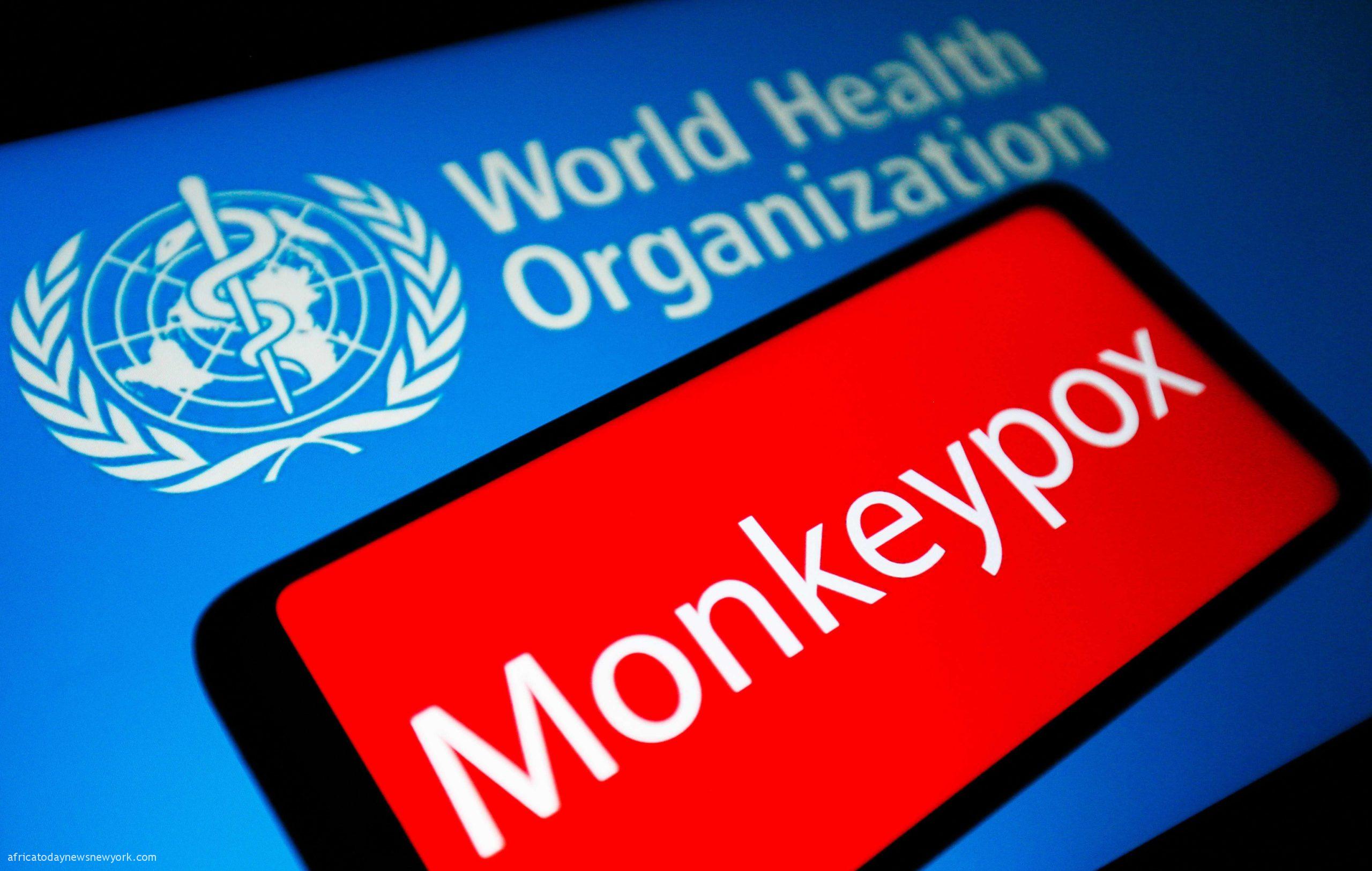As fears continue to heighten over the surge in monkeypox cases globally, the World Health Organisation (WHO) on Wednesday appealed to the group currently most affected by the virus – men who have sex with men – to limit their sexual partners to limit the spread.
Africa Today News, New York recalls that WHO chief Tedros Adhanom Ghebreyesus, had last Saturday declared monkeypox a global health emergency. He had told reporters that the best way to protect against infection was ‘to reduce the risk of exposure’.
‘For men who have sex with men, this includes, for the moment, reducing your number of sexual partners, reconsidering sex with new partners, and exchanging contact details with any new partners to enable follow-up if needed,’ he said on Wednesday.
A surge in monkeypox infections has been reported since early May outside the West and Central African countries where the disease has long been endemic.
Read Also: WHO Declares Monkeypox Global Emergency, Triggers Red
Tedros said Wednesday that more than 18,000 cases of monkeypox have now been reported to WHO from 78 countries, with 70 percent of cases reported in Europe and 25 percent in the Americas.
He revealed that five deaths have been reported in the outbreak since May, and approximately 10 percent of those infected end up in hospital to manage the pain.
Some 98 percent of cases have occurred in men who have sex with men.
Africa Today News, New York gathered that study published in the New England Journal of Medicine last week found that 98 percent of infected people were gay or bisexual men, and 95 percent of cases were transmitted through sexual activity.
But experts have said the transmission of the disease, which causes a blistering rash, appears to happen during close, physical contact mainly, and monkeypox has so far not been labelled a sexually transmitted infection (STI).
Experts have also warned against thinking that only one community can be affected by the disease, stressing that it spreads through regular skin-to-skin contact, and also through droplets or touching contaminated bedding or towels in a household setting.

